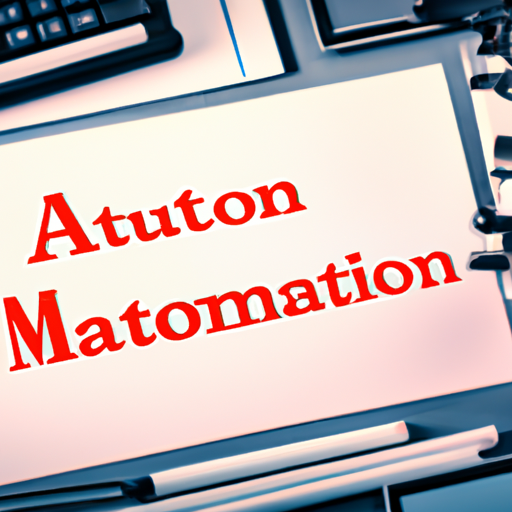Understanding Mktg Automation: The Key To Modern Marketing Efficiency
Marketing automation, or mktg automation, is no longer just a buzzword in the digital marketing realm. It’s an essential tool that every marketing specialist should embrace to amplify their efforts and streamline their processes. But what exactly is marketing automation, and why is it so important?
Let’s dive in and explore the fundamentals of mktg automation and how it can transform your marketing strategy.
What Is Mktg Automation?
Mktg automation refers to the use of software platforms and technologies designed for marketing departments to more effectively market on multiple channels online and automate repetitive tasks.
Think of it as a way to have a digital assistant that handles routine tasks such as email campaigns, social media postings, and targeted advertisements.
By automating these activities, marketers can focus on more strategic initiatives that require human creativity and insight.
The Benefits Of Mktg Automation
Imagine having a tool that does all the heavy lifting for you, saving time while providing consistent results. That’s precisely what mktg automation offers. Here are some core benefits:
– Efficiency: Automating repetitive tasks means your team can focus on high-value activities.
– Personalization: With advanced customer segmentation, you can tailor your messages to specific audience groups.
– Consistency: Your campaigns run smoothly without manual intervention.
– Data-driven Decisions: Gain insights from analytics to fine-tune your strategies.
Consider this: A company using mktg automation saw an increase in qualified leads by 451%. This isn’t just about saving time; it’s about driving real results.
How To Implement Mktg Automation Effectively
Implementing mktg automation might sound daunting, but with the right approach, it can be quite straightforward.
Here are some steps to get you started:
1. Identify Your Goals
Before diving into tools and platforms, clearly define what you aim to achieve with mktg automation. Is it lead generation? Improved customer engagement? Higher conversion rates?
Having clear goals will guide your strategy and help you measure success accurately.
2. Choose The Right Tools
There are numerous mktg automation tools available today, each offering different features. Some popular choices include HubSpot, Marketo, and Pardot.
Select a tool that aligns with your business needs and integrates seamlessly with your existing systems.
For instance, if you’re focusing on SEO specialist efforts alongside automated campaigns, choose a platform that supports robust SEO features.
3. Segment Your Audience
Effective mktg automation relies heavily on proper customer segmentation. Divide your audience based on demographics, behavior patterns, purchase history, etc., To ensure targeted messaging.
Imagine sending personalized holiday greetings to high-value customers based on their past purchases – that’s the power of segmentation!
4. Create Compelling Content
Automation doesn’t mean generic content; it requires crafting compelling messages tailored for each segment.
Develop engaging emails, social posts, and advertisements that resonate with your audience’s interests and needs.
Remember the golden rule of content creation: Quality over quantity wins every time!
Merging Mktg Automation With Other Strategies
Merging mktg automation with other strategies like electronic marketing or influencer marketing can yield even better results.
Here’s how:
Integrating With Electronic Marketing
Electronic marketing encompasses all online marketing efforts – from websites to email campaigns. By integrating mktg automation within this realm:
– Emails become more personalized based on user behavior.
– Website interactions trigger automated follow-ups.
– Real-time data informs ongoing campaign adjustments.
For example: A visitor downloads an eBook from your site; an automated sequence sends them related articles periodically – nurturing them towards conversion without any manual effort!
Leveraging Influencer Marketing
Influencer marketing has proven effective in reaching engaged audiences authentically. When combined with mktg automation:
– Influencer content gets distributed efficiently across channels.
– Automated workflows track performance metrics seamlessly.
– Personalized offers reach followers based on engagement levels.
Picture this scenario: An influencer promotes your product via Instagram stories; automated sequences follow up interested viewers via email – driving higher engagement rates effortlessly!

